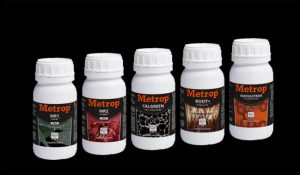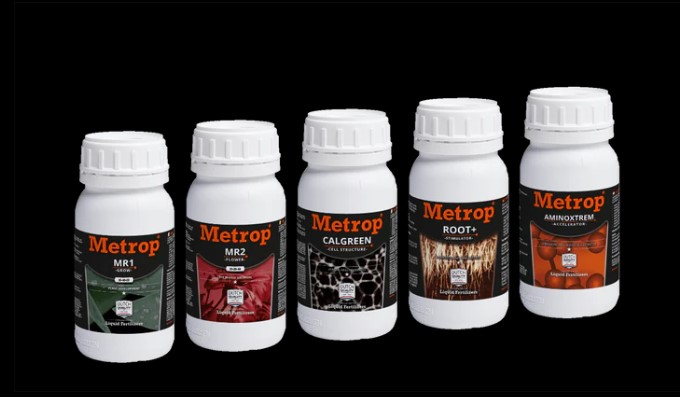The pH level of soil plays a crucial role in determining the success of plant growth. Whether you’re a seasoned gardener or a novice exploring the realms of hydroponics, understanding the ideal pH values for soil is essential. In this article, we’ll delve into the significance of pH in both traditional soil cultivation and hydroponics, shedding light on the best pH values for optimal plant development. If you want to know about what is the best ph for soil, visit our websites.
The Basics of Soil pH:
Soil pH is a measure of the acidity or alkalinity of the soil, and it is measured on a scale from 0 to 14. A pH of 7 is considered neutral, while values below 7 indicate acidity and values above 7 indicate alkalinity. Most plants thrive in slightly acidic to neutral soils, with a pH range of 6 to 7.5 being generally ideal.
Hydroponics vs. Soil pH:
Hydroponics, a soilless cultivation method, introduces a different set of considerations when it comes to pH. In hydroponic systems, plants receive their nutrients from a nutrient solution, and maintaining the correct pH is crucial for nutrient uptake. The optimal pH range for hydroponics typically falls between 5.5 and 6.5.
Question: Why is pH crucial in hydroponics?
Answer: In hydroponics, the pH level directly affects nutrient availability to plants. Deviations from the ideal pH range can lead to nutrient deficiencies or toxicities, impacting plant health and growth.
Metrop Fertilizer Insights:
Metrop Fertilizer, a renowned name in the industry, emphasizes the importance of pH management in both traditional soil and hydroponic systems. Their expertise lies in providing fertilizers tailored to specific pH requirements, ensuring plants receive the right nutrients in the right proportions.
Question: How can Metrop Fertilizer help in maintaining the ideal pH?
Answer: Metrop Fertilizer offers specialized formulas designed to balance pH levels in soil and hydroponic setups. Their products not only provide essential nutrients but also contribute to maintaining the optimal pH range for robust plant growth.
Best pH for Soil:
For traditional soil cultivation, the best pH value varies slightly depending on the type of plants you’re growing. Generally, a pH range of 6 to 7 is considered optimal for most crops. However, certain plants, like blueberries or azaleas, thrive in more acidic soils with pH levels below 6.
Question: How can I determine the pH of my soil?
Answer: Soil testing kits are readily available and provide a simple way to measure the pH of your soil. Additionally, many agricultural extension offices offer soil testing services, providing detailed insights into your soil’s pH and nutrient levels.
Conclusion:
Maintaining the right pH is a key factor in successful gardening, whether you’re cultivating plants in traditional soil or venturing into the realm of hydroponics. Metrop Fertilizer’s commitment to optimizing pH levels underscores the importance of this often-overlooked aspect of plant care. As you embark on your gardening journey, remember that a balanced pH sets the stage for lush and thriving plant life. Regular monitoring and, if necessary, adjustments with quality fertilizers will contribute to the health and vibrancy of your garden, ensuring a bountiful harvest or a flourishing indoor oasis.






